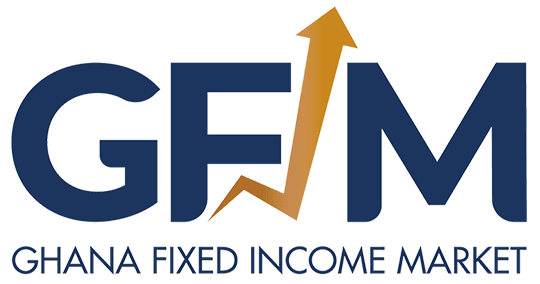Ghana’s fixed income market processed transactions across multiple debt instruments on Monday, October 13, 2025, with activity spanning government securities, corporate bonds, and repurchase agreements as investors continued to demonstrate appetite for the country’s debt market.
Government bonds and treasury bills anchored trading for the day, with new government notes and bonds recording substantial volumes. The 2023 GC 12 series attracted particularly strong interest with 91.61 million cedis in trading volume, while the 2023 GC 1 series recorded 80.76 million cedis. The 2023 GC 11 bond also saw active participation with 35.11 million cedis changing hands.
Yields on government bonds ranged from 15.04 percent to 16.50 percent, with maturities extending from 2027 to 2038. This yield environment reflects the government’s ongoing efforts to attract investors while managing debt servicing costs following the country’s debt restructuring programme.
Treasury bills maintained their position as a cornerstone of daily fixed income trading, with extensive activity across 91 day, 182 day, and 364 day tenors. Prices ranged from 87.20 to 99.93, with active maturities spanning from October 2025 through October 2026. The variety of tenors available provided investors with options across the short end of the yield curve.
The corporate bond segment showed modest but diverse participation. Primary issuers included Letshego Ghana PLC, Bayport Savings, Ghana Cocoa Board, Izwe Savings, Kasapreko PLC, and Quantum. Ghana Cocoa Board demonstrated active trading with 4.53 million cedis in volume on one issue, while prices across the corporate segment ranged from 85.50 to 110.79.
Bank of Ghana bills also contributed to market activity. The 56 day bills showed particularly active trading with volumes reaching 174.3 million cedis in some transactions, while 273 day bills recorded moderate activity. Prices ranged from 88.99 to 99.88, reflecting the short term nature of these instruments.
Sell and buy back trades, which indicate repo market activity, focused on longer dated bonds with 2031 and 2032 maturities. Two significant transactions recorded volumes of 120 million cedis and 36.86 million cedis respectively. Yields in this segment ranged widely from 10.92 percent to 29.50 percent, reflecting the varied terms and collateral quality of these repurchase agreements.
The trading patterns observed on October 13 align with broader trends in Ghana’s fixed income markets throughout 2025. Government securities continue to command the largest share of trading volumes, supported by investor confidence in sovereign debt following successful debt restructuring. Corporate bond participation remains limited but shows signs of gradual development with multiple issuers maintaining an active presence.
The market demonstrated depth across multiple tenors along the yield curve, with both domestic and dollar denominated securities available for trading. The active secondary market for government debt provides liquidity for investors while helping establish price discovery mechanisms that support primary market issuance.
Market observers note the normal upward sloping characteristics of the yield curve, consistent with expectations for longer maturity securities to offer higher returns to compensate for duration risk. The presence of multiple security types, from short term treasury bills to longer dated government bonds and corporate issues, reflects a maturing fixed income market that serves diverse investor needs.
The trading activity suggests sustained institutional and retail investor interest in fixed income instruments as Ghana’s macroeconomic environment continues stabilizing. Government securities offer yields that provide attractive real returns relative to inflation, while the corporate bond market, though still developing, presents opportunities for portfolio diversification.
Looking ahead, continued development of the corporate bond market and deeper participation in repo transactions could further enhance market liquidity and efficiency. For now, government securities remain the primary driver of daily trading volumes, supported by regulatory frameworks that facilitate transparent price discovery and settlement processes through the Ghana Fixed Income Market platform.
Source: newsghana.com.gh











